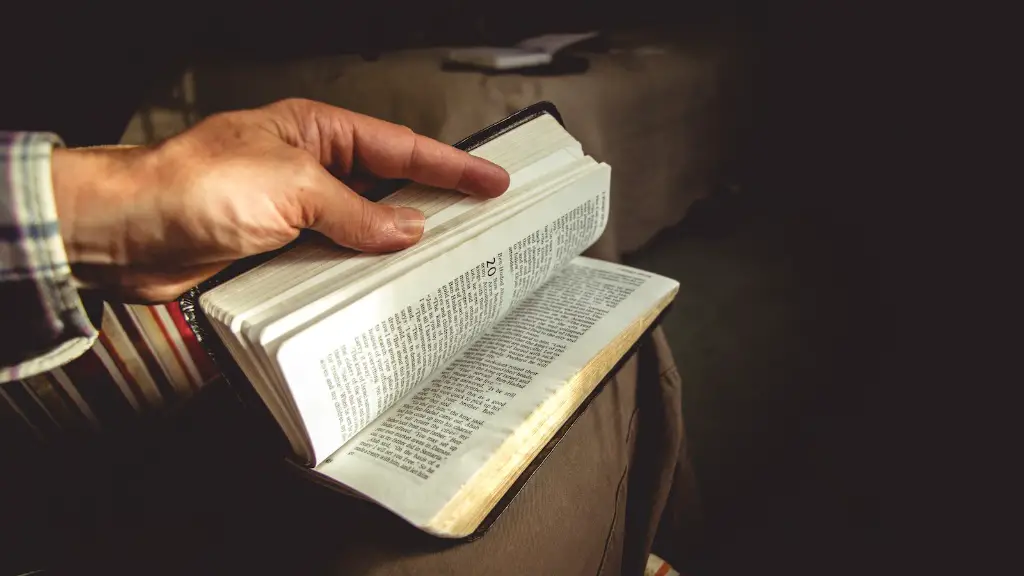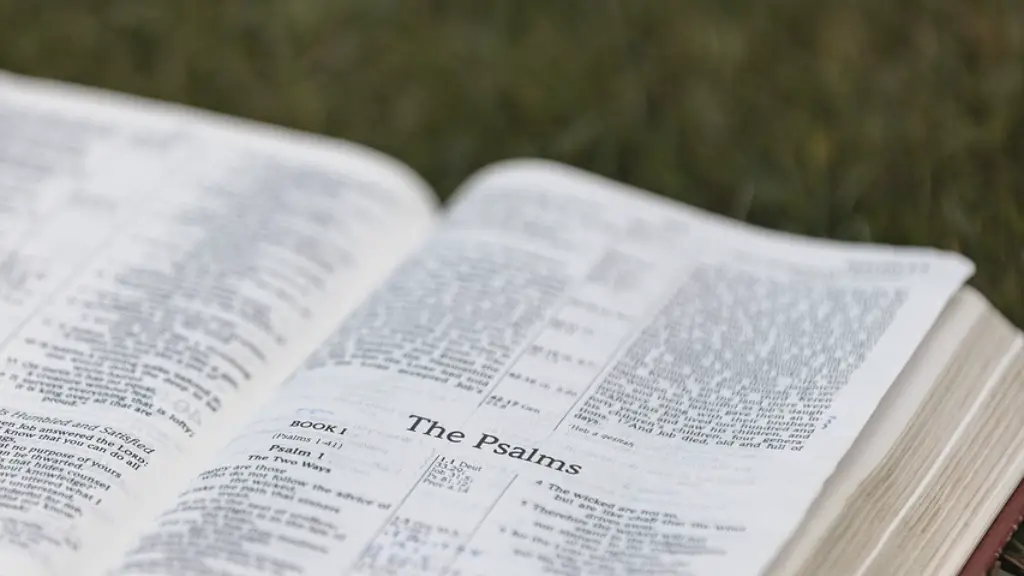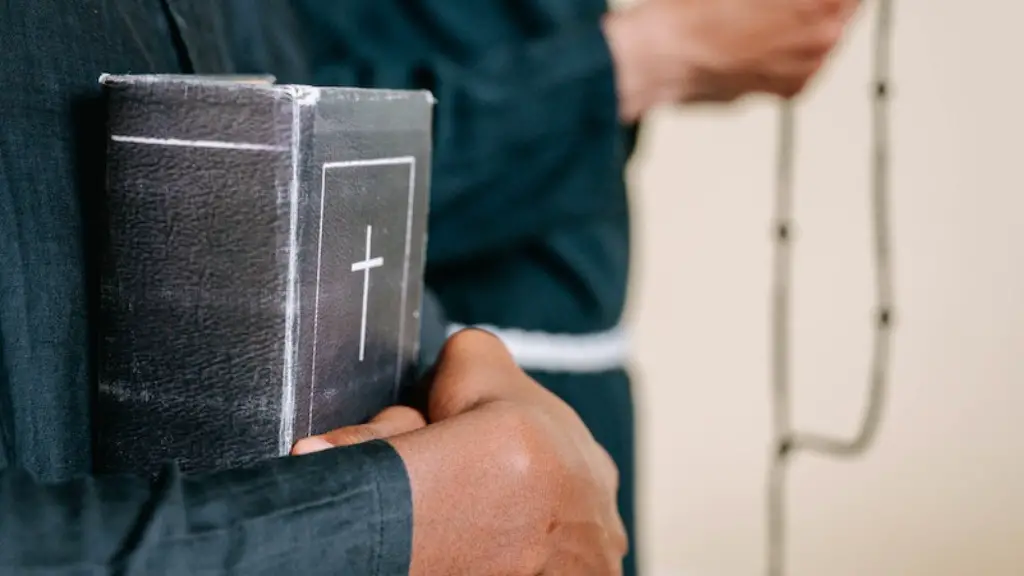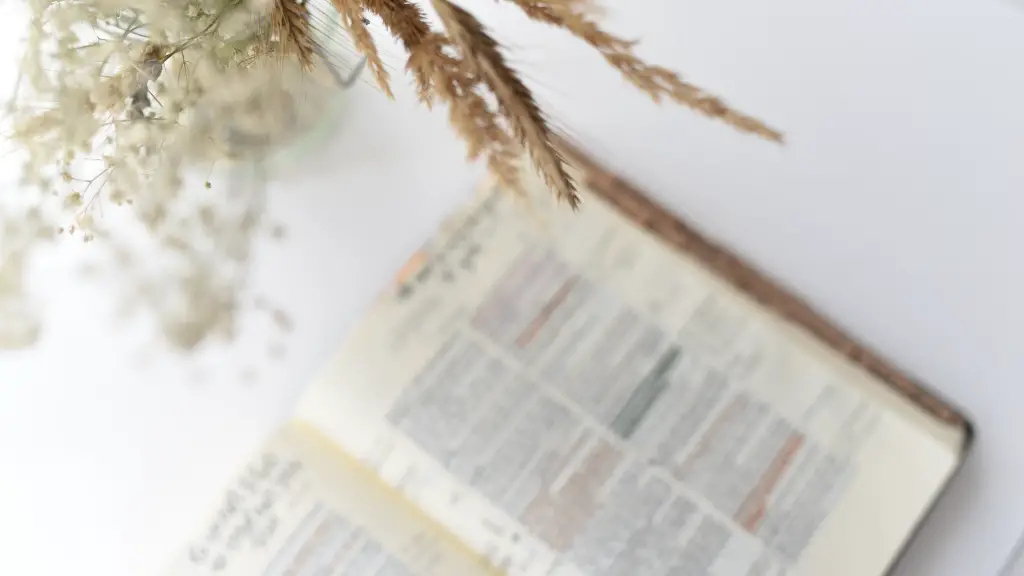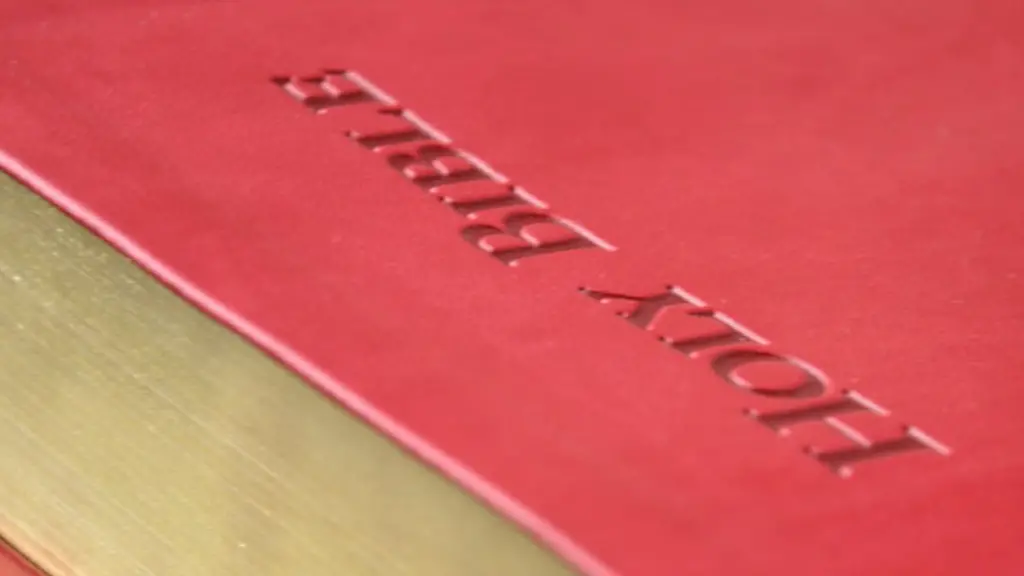As much as our loved ones may wish for us to remember them and have a meaningful memorial service for them in their memory, there are those among us who are not sure about the biblical implications of cremation. With spirituality being a major deciding factor for a lot of people, this becomes an appropriate question that begs to be answered. Is cremation a sin according to the Bible?
When exploring this topic, it is important to take into account both historical and theological elements that come into play. Historically, cremation was considered to be an instant form of capital punishment due to the fact that it was supposed to put an end to all possibilities of reincarnation. In biblical times, traditional practices often saw the body being buried intact and not cremated. This was an essential part of resurrection because it was believed to be impossible to return the dead to life if they were burned.
That said, there is no direct reference in the Bible that states that it is a sin to cremate the body. It is important to point out that there are people who abide by the biblical teachings more than others. If a person does have strong religious beliefs that prohibit any form cremation, then that would mean that to them, it would be considered a sin.
From a theological perspective, many aspects connected to the subject of cremation differ from place to place. Different religions will have their own take on this, but many believe the soul could never be destroyed due to its connection to eternal life. This means that cremation does not prevent one from achieving everlasting life. Taking this into consideration, many churches do embrace cremation as a form of memorialisation as it has become an increasingly popular choice on the whole.
Towards this end, oftentimes cremation is used in special circumstances. This may include a family that is financially struggling and might not be able to afford a full-body burial in addition to travel costs or a person may choose cremation to store the remains in a special urn or other type of vessel. It could also be beneficial to families in limiting land use since they wouldn’t necessarily require much space to store the cremated remains.
At the same time, the decision to cremate should also be taken in light of the family’s ethics and beliefs, ensuring that all options are weighed out carefully before making a final choice. Each individual’s beliefs should determine what is and is not acceptable in a situation like this. To some, it could be seen as disrespectful for the departed, while some may view it as an act of love and respect.
It is important to note that cremation does not need to interfere with religion but, depending on what faith is being practiced, could be seen as a personal opinion rather than an outright sin. Ultimately, all that matters is that the individual in question is being honored correctly and respectfully.
The Environmental Impact of Cremation
With cremation being seen as a more modern and cost-effective practice, there are still environmental concerns that come with it in regards to air quality and emissions. During the process of cremating a body, harmful toxins that comprise the by-products are released into the atmosphere. This may include hazardous metals, including mercury which is linked with various forms of illnesses.
Due to the heightened environmental awareness of our day and age, much attention is being paid to the societal impact that this form of memorialisation has. Thankfully, many locations are now adapting emission-control equipment into their crematoriums to ensure that there is less of an effect on our planet.
From a global perspective, the primary concern primarily lies in the disposal of the cremated remains. A wide variety of options are now provided concerning this matter, meaning that the deceased can be laid to rest in ways that are both environmentally friendly and of a religious nature.
Whatever the case, it is important for those who follow a given faith to remember to keep an open mind in making this decision. Just because a particular denomination says one thing or another does not necessarily mean that one should blindly follow it without examining all the facts. Ultimately, education and open dialogue is the key to making the best decisions in these matters.
The Cost Of A Cremation
Undoubtedly, the decision to cremate a deceased loved one also involves financial considerations that have to be taken into account. Typically, cremation will be significantly less expensive than having a traditional funeral, especially for those whose families are already financially struggling. The cost of cremation by itself can range depending on location and family requests.
On the other hand, the costs associated with a traditional burial can quickly begin to add up due to the need of a burial plot, coffin, transport and other miscellaneous expenses. On top of this, they may also require embalming, grave digging and grave markers or a plaque as well. This is why it is essential to take into consideration all the various expenses and how they could potentially affect the family.
At the same time, there is an even broader range of factors that have to be taken into account in order to determine whether the cost is justifiable for the family. One of those things is the familial relationships that factor into the decision. For example, if there is a division within the family which would make them unconscious of certain costs, then it is important to make sure that everyone is on the same page.
Overall, a comparative analysis of the associated costs, whether it be for cremation or a traditional funeral, should be done. This may not be an easy decision to make, but it is important to consider all the numerous options before settling on any one approach. That said, both practices can be conducted in a dignified manner, something that should be stressed before making the final decision.
Other Options In Memorialisation
Besides those two choices, there are many other options available when it comes to commemorating a departed loved one. Growing in popularity are ‘green’ burials, which seek to reduce environmental impacts by eschewing embalming and opting for biodegradable caskets and burial shrouds, allowing the body to return naturally to the earth. With this, one can still honour the life of their lost family member in an eco-friendly way.
In addition to this, there are also creative options available which allow families to come together and pay tribute in a memorable way. This could involve creating a living memorial by planting a tree in their honour or having a piece of fine art commissioned. These types of memorialisation allow for creativity and personal elements that traditional funerals and cremations may not have.
Another alternative is something called ‘crowdfunding’. This would involve reaching out to your community who would be willing to financially assist in accommodating certain wishes of the departed, allowing their memory to be celebrated in an appropriate fashion. This option may not always be the easiest but, depending on the situation, can be very helpful in the right hands.
Religious Views On Different Memorialisation Options
As many religions vary on how they would prefer their dead to be remembered, it is essential to consult with and research the beliefs of a particular denomination before making a choice. The main focus should always be on finding a way to honour the individual while holistically respecting the values and beliefs of the religion.
For instance, turning towards Judaism, it is strongly recommended to opt for a burial service, with a small percentage of the population choosing cremation as well. Similarly, for Hinduism, it is often seen as culturally and spiritually mandated that burial is the correct approach. However, for the more progressive Hindus, funeral homes are used instead of temples as an alternate option for disposing of the cremated remains.
On the other hand, there is some allowance for cremation with Catholicism and Orthodox Christian groups, although there are certain conditions that have to be met to ensure the sacredness of the process. Other examples include Buddhists whose beliefs are generally more in favour of cremation due to its ties to the cycle of life and death.
Final Thoughts
In conclusion, the decision to cremate or opt for a traditional burial can be a hugely personal one and has to be seen in light of the individual’s own values and beliefs. Nothing should be done out of obligation but rather with the utmost thoughtfulness and respect. It is important to remember not to be too quick in making this decision as it should be done out of proper discernment to accurately reflect the wishes of the deceased.
At the same time, it is important to ensure that the final decision does not become too much of a financial burden on the family. Considering the options that are available and consulting with experts on the matter can be of great assistance in guiding the grieving family towards a suitable resolution.
